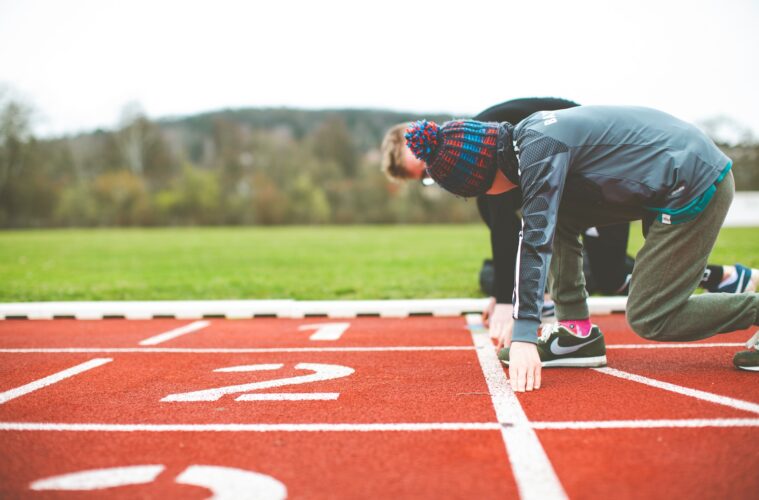Physical education (PE) is an integral part of a comprehensive education system that aims to promote the physical, mental, and social well-being of students. It encompasses a wide range of activities and experiences that contribute to the development of healthy and active lifestyles. In this article, we will delve into the significance of physical education, exploring its benefits, goals, curriculum, and the role it plays in fostering lifelong habits of physical fitness and wellness.
What is Physical Education?
Physical education is an educational discipline that involves the teaching and learning of various physical activities, exercises, sports, and games. It encompasses both theoretical knowledge and practical skills related to movement, fitness, and health. The primary objective of PE is to educate and empower individuals to adopt and maintain an active lifestyle, thereby improving their overall physical fitness, motor skills, and cognitive abilities.
Goals of Physical Education
Physical education is designed to achieve several key goals:
1. Physical Fitness: PE aims to enhance cardiovascular endurance, muscular strength, flexibility, and body composition through a variety of exercises, games, and sports.
2. Skill Development: PE provides opportunities for students to acquire and refine a range of motor skills, coordination, balance, agility, and spatial awareness.
3. Health Education: PE educates students about the importance of regular exercise, proper nutrition, injury prevention, and other aspects of healthy living.
4. Social and Emotional Development: PE fosters teamwork, cooperation, communication, and sportsmanship, promoting positive relationships and enhancing self-esteem and confidence.
5. Lifelong Habits: By instilling the value of physical activity from a young age, PE aims to encourage lifelong participation in exercise and promote long-term health and well-being.
Curriculum and Activities
The curriculum of physical education may vary across different educational systems and institutions, but it typically includes a mix of individual and team-based activities. These may range from traditional sports like basketball, football, and swimming to non-competitive activities such as yoga, dance, aerobics, and strength training. The curriculum often includes components related to fitness assessment, nutrition education, safety guidelines, and the exploration of various recreational pursuits.
Benefits
1. Improved Physical Health: Regular participation in PE enhances cardiovascular health, strengthens muscles and bones, promotes weight management, and reduces the risk of chronic diseases such as obesity, diabetes, and heart disease.
2. Cognitive Development: Research suggests that physical activity can positively impact cognitive functions, including attention, memory, problem-solving, and academic performance. PE promotes brain development and stimulates mental alertness.
3. Emotional Well-being: Physical education helps reduce stress, anxiety, and symptoms of depression. It stimulates the release of endorphins, which are known to elevate mood and contribute to a sense of well-being.
4. Social Skills and Teamwork: Engaging in physical activities with others encourages teamwork, cooperation, leadership, and respect for others. These skills are transferable to various aspects of life, including the workplace and personal relationships.
5. Discipline and Time Management: PE fosters discipline, self-motivation, and the ability to manage time effectively. It teaches students to prioritise and balance their commitments, helping them develop essential life skills.
What Is Physical Education | Conclusion
Physical education plays a crucial role in the holistic development of individuals. By promoting physical fitness, enhancing motor skills, and providing knowledge about health and wellness, PE contributes to the overall well-being of students. The benefits of physical education extend beyond the school years, shaping lifelong habits and instilling values of discipline, teamwork, and self-improvement. As we recognise the importance of a healthy lifestyle, PE remains an essential component of education systems worldwide, preparing individuals for a healthier, more active future.





